Quartzy: the podcasts edition
Happy Friday!

Happy Friday!
If the new year finds you with a pile-up of tedious tasks, or that Buzzfeed burnout story or Marie Kondo Netflix show has lit a fire under you to make this the week you finally tackle the line at the post office or clean out your kitchen cupboards, then have we got a treat for you: the Casties, Quartz’s favorite podcasts of 2018.
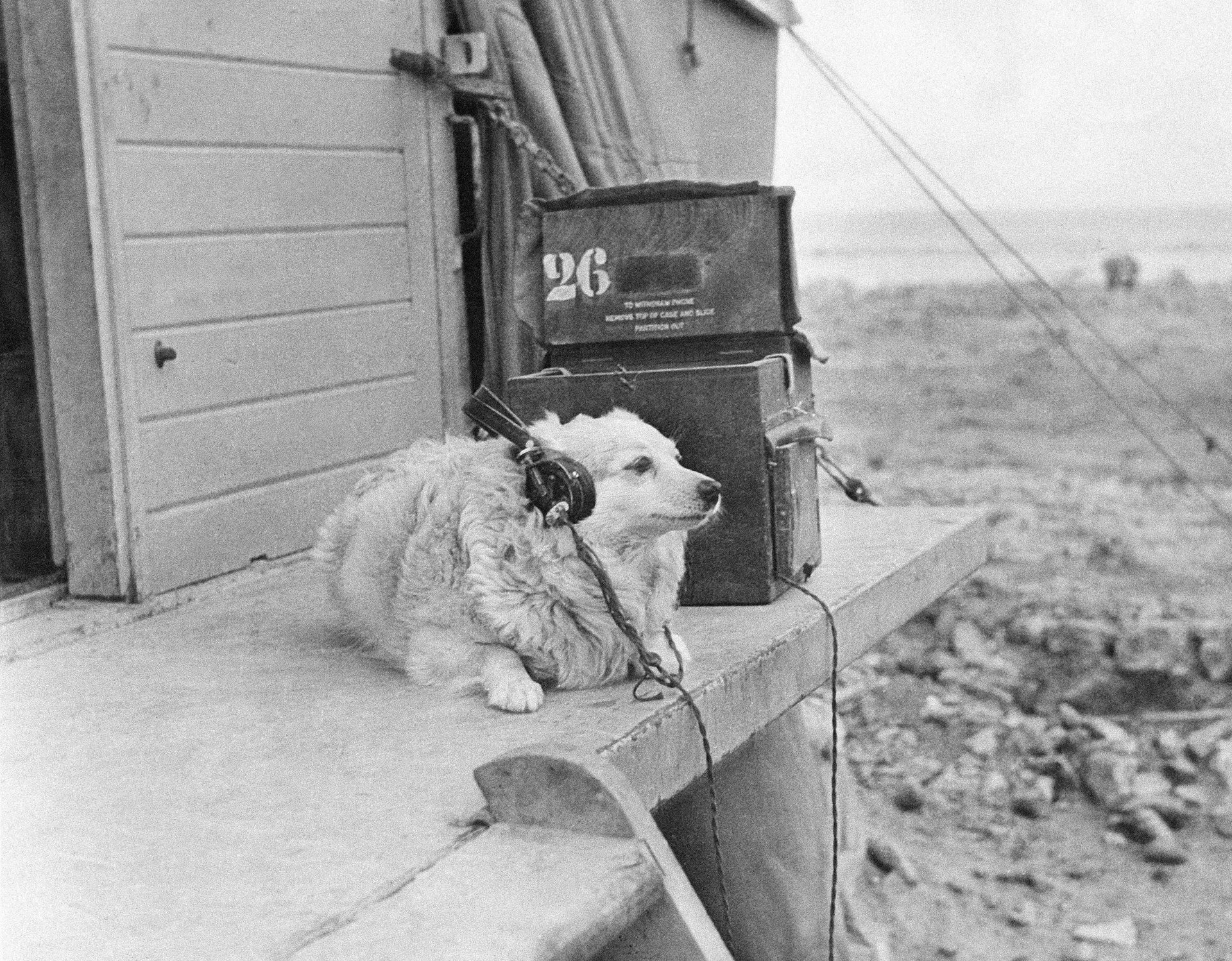
“I’ve listened to podcasts on walks, on bike rides, on the train, in the car, in the shower, while trying to fall asleep, and while trying to wake up,” writes Quartz’s Elijah Wolfson, who edited the list. “In the process, I’ve discovered that instead of dreading menial, annoying, or mind-numbing tasks, you can be laughing aloud, getting smarter, or feeling chills down your spine. Over the past few months, I raised a wool winter coat from the dead. I scrubbed down and re-laced a pair of old sneakers so they look as fresh as they did in 2016. I cleaned and brushed every single one of my records and put them all in new plastic sleeves. It was a glorious year for podcasts.” (Not to mention Elijah’s wardrobe and record collection!)
You can find the 2018 Casties in their entirety, with categories including history, economics, culture, and more, on our website. Below are just a few of those series, hand-picked by Quartz reporters and editors, including yours truly.
Best podcast on the human condition: Imagined Life
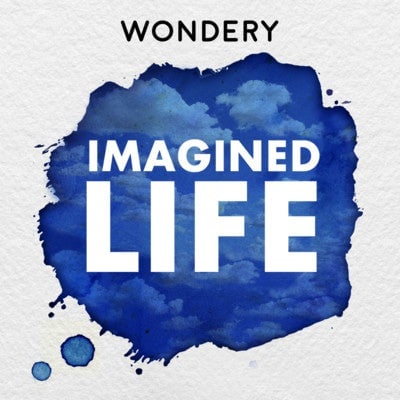
Each episode of Imagined Life tells the life story of a well-known public figure, but in a way you’ve never heard it before. The story is told in the second person—“You’re angry, but you know you can’t say anything,” “You get the news and you are elated”—and the character’s identity is hidden, so you feel far more connected to the setbacks, grand achievements, small slights, devastations, and incremental wins of celebrities than you would in even the best-written profiles. It’s a surprisingly humanistic project. If you like solving riddles, there’s the added bonus that each episode is essentially its own puzzle box; half the fun for me is trying to figure out who each one is about. The best episodes so far, like “The Daydreamer” and “The Advocate,” are deeply emotional, and true feats of storytelling. — Elijah Wolfson
Best investigative podcast: Last Seen

WBUR and the Boston Globe’s podcast Last Seen delves into the famous 1990 robbery of Boston’s Isabella Stewart Gardner Museum. With 13 stolen (and never recovered) works valued at a collective $500 million, the crime remains the biggest art heist in history. In Last Seen, it’s also an endlessly compelling story, with clever detectives, colorful criminals, a museum director who seems nearly possessed by the case, and Boston accents broad enough to drive a cah through. Last Seen also lacks the discomfiting feeling that accompanies many true-crime podcasts: that the listener is consuming as entertainment another person’s tragedy. The victims in the Gardner Museum heist are us, the members of the public denied the opportunity to see these masterpieces again. Last Seen simply drives home the value of what we all lost. —Corinne Purtill
Best sports podcast: Gladiator
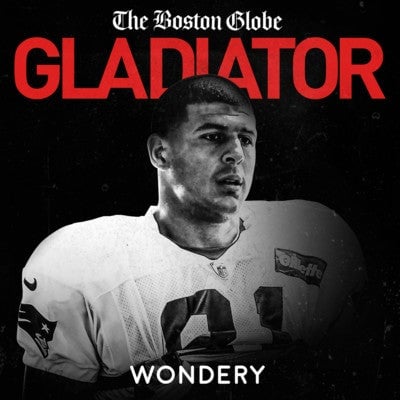
Whether you’re a fan of American football, are deeply skeptical of the sport and its institutions, or have no idea about the topic whatsoever (I’m in this last camp), you’ll find this podcast enlightening and engrossing. Gladiator brings all the reporting chops of the Boston Globe’s legendary “Spotlight” team to bear on an audio narrative of the life, career, and death of New England Patriots tight end Aaron Hernandez, who was convicted of first-degree murder (and suspected of others) and took his own life while in prison. We find out what made Hernandez such an exceptional football player, but at the core of the podcast are inquiries into the role of toxic masculinity and the incredible power of “Football Inc.” in America. Gladiator raises important questions about the criminal justice system, and the effects football has on the human brain. It does not offer easy answers, but that’s because there aren’t any. —Hanna Kozlowska
Best roundtable podcast: Night Call
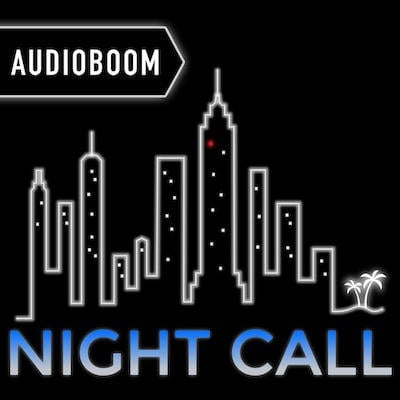
In the early 2010s, Molly Lambert, Tess Lynch, and Emily Yoshida’s Grantland podcast, Girls in Hoodies, took an incisive approach to culture in its broadest sense—ranging from KimYe and The Bachelor to James Turrell and the history of architecture in downtown LA. This year the trio of journalists (now dispersed across the internet) reunited to start a new podcast, Night Call. It delivers the same insight and biting wit as their previous project, updated for this half of the decade. It’s comfortable and casual, but also razor-sharp. Listening to Night Call is sort of like listening to what you think/wish you and your friends sound like when you’re debating culture at the bar after work. —Elijah Wolfson
Enjoy that cultural debate—whether it’s happening in real life or in your headphones—and have a great weekend!
[quartzy-signature]
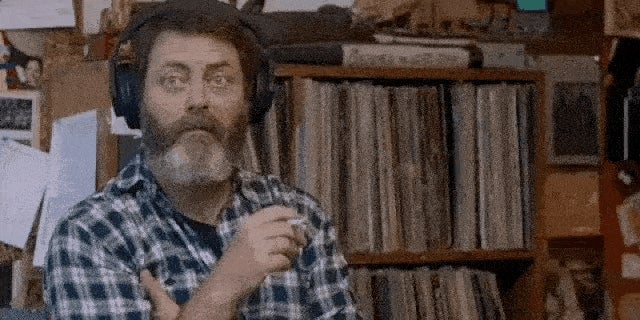
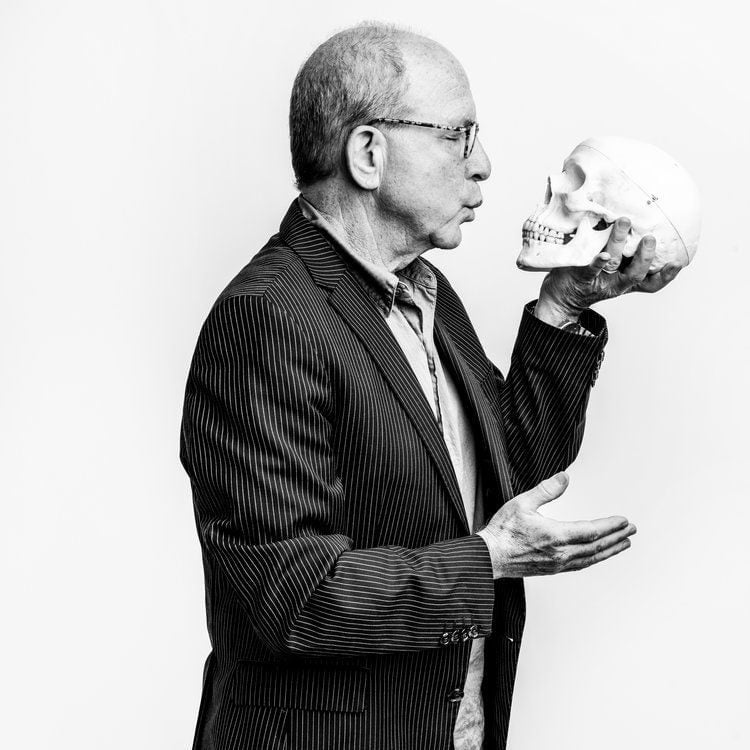
Who, me? My selection for this year’s Casties wasn’t an entire series, but the single best interview episode: Longform, featuring Jerry Saltz. Saltz is more than just New York Magazine’s art critic; he is a champion for struggling artists everywhere, largely because he’s been there. On Longform, after Saltz shares stories of his experience as a tortured young artist, “eaten alive by envy” and self-doubt, host Aaron Lammer asks him to turn over those well-trodden memories. What was the flip side of that feeling, he asks, when Saltz still felt optimistic about his art? “That’s a great question, because it makes me feel good again,” Saltz replies, before painting a sense-memory picture of being in the flow-state, in the studio: “I loved every second except I hated it.” Like an easygoing therapist, Lammer nudges Saltz to explore the source of the demons that forced him temporarily from the art world and how he eventually, at 40, “found a way to speak” as a writer about art. Saltz is funny, vulnerable, and generous with his insights in an episode that inspires one to go experience the “eternal present” that can be found in art, and also to find their own voice, as Saltz found his. A must-listen for anyone who has ever experienced a creative block, professional envy, or just plain worry about their own future.